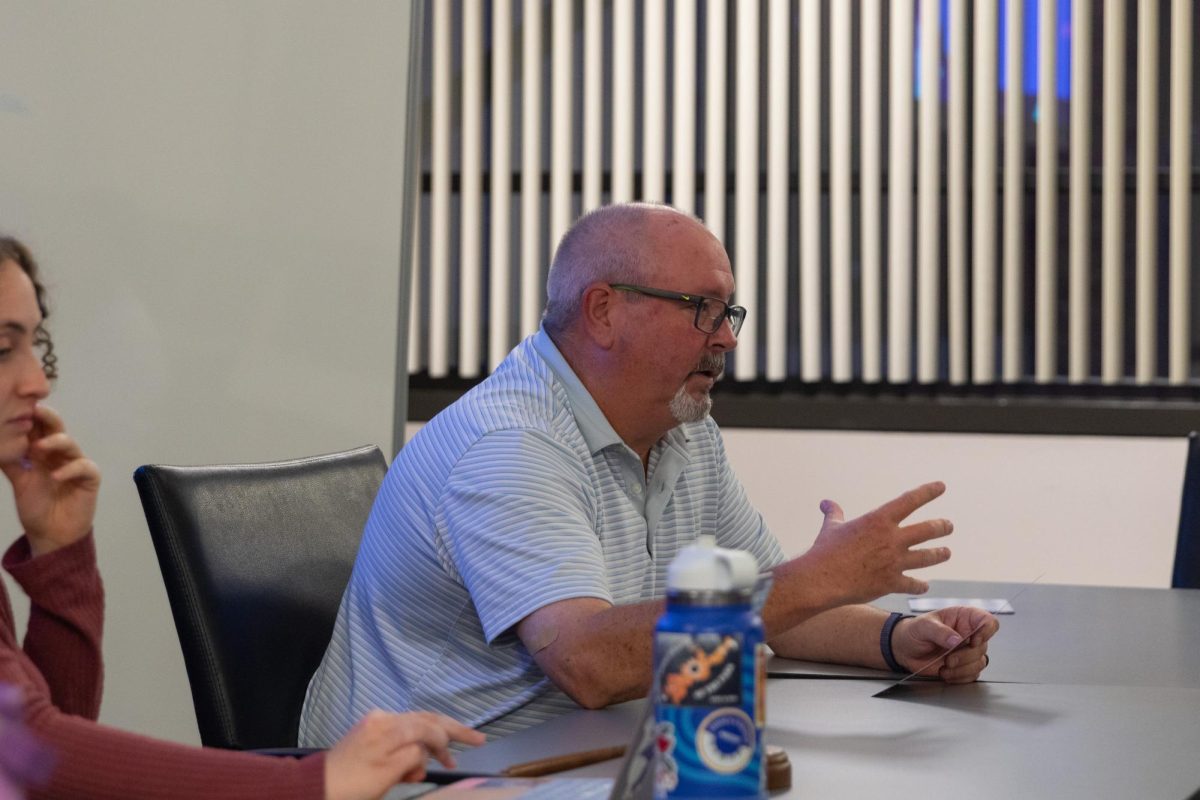Betty Medsger, former journalist for The Washington Post and author of the book “The Burglary: The Discovery of J. Edgar Hoover’s Secret FBI,” was invited by the Park Center for Independent Media on Sept. 30 to discuss the significance of the burglary of an FBI office in Media, Pennsylvania, in 1971.
Having worked as a reporter at the Evening Bulletin in Philadelphia, Medsger knew the town of Media. On March 24, 1971, The Washington Post ran her article on the front page, titled “Stolen Documents Describe FBI Surveillance Activities,” which revealed that the FBI was illegally spying on American citizens.
Staff Writer Joe Byeon sat down with Medsger to discuss the FBI under Hoover, the burglary and her experience as a journalist covering the incident.
Joe Byeon: What was the Media burglary incident?
Betty Medsger: On the night of March 8, 1971, a group of eight people broke into an FBI office in Media, Pennsylvania, [which is] a small, old suburb west of Philadelphia. In the dark, they stole every file in the office, and then two weeks later started distributing those files to two members of Congress and three journalists. I was one of those three journalists and the only one of the five people who didn’t return the files to the FBI. They did this because the leader of the group, [William] Davidon, a physics professor at Haverford College, had decided reluctantly by the end of 1970 that the FBI probably was infiltrating and spying on many people in the peace movement and the civil rights movement. There was no official oversight of the FBI at that time by Congress or the attorney general.
JB: What was your reaction when receiving the stolen FBI files?
BM: The burglary had not gotten much attention, like a one paragraph story from [The Associated Press] the previous week saying that an FBI office had been broken into, and the FBI had made it sound as if nothing had happened or stolen, so there was no reason to expect anything. But then when I started reading the substance I was very surprised. Campus employees of various kinds — switchboard operators, postal carriers, security and campus administrators — had been hired by the FBI to spy on students and professors.
JB: Two U.S. politicians, the Los Angeles Times and The New York Times all chose to send the stolen files back to FBI, but The Washington Post didn’t. What led to your article being published?
BM: The Attorney General at the time, John Mitchell, who would later be convicted for his role in the Watergate burglary, was repeatedly calling those two editors and the publisher that afternoon trying to convince them to not publish saying that to publish would endanger national security and lives. Two editors, Ben Bradlee and Ben Bagdikian, were confident that this was an important news story and that it should be published. It was very clear from the files that there was no way that this information that we had could endanger national security or peoples’ lives. So they talked extensively during that time, and then by 10 o’clock that night they made a decision to publish and it was on the front page of the post the next day.
JB: What did the public think of J. Edgar Hoover and the FBI in the 1970s?
BM: He was an iconic hero. By that time he had been an FBI director since 1924 when he was 29 years old. He had created an enormous public relations arm that created a very positive image of the FBI. There was also constant writing of articles and books under Hoover’s byline that he had not written that made him and the bureau seem iconic when in fact there was not very much crime fighting going on. Crime fighting involved mostly the solution of bank robberies and stolen cars, rather than investigating organized crime and other serious crimes. So he was adored and the bureau was adored, but, in fact, we knew very little about how it was actually operating. It changed after that and the FBI did take on organized crime and there was oversight.
JB: How did covering this event influence you?
BM: I was very glad that they sent the files, and I’m glad I [reported] it. I talked myself through, saying “OK, this is important, but it also has serious implication.” I heard clicks in my phone and I knew that my phone was getting tapped by the FBI. Technology was crude back then, and you could hear them tap into your calls, whereas now there would be no sound at all. But I made the decision in my mind that I’d rather go to jail than hand over the documents.
JB: What is the legacy of the eight Media burglars?
BM: Their legacy is providing the American people with the first information about the vast overreach and criminal activity of intelligence agencies against American people. They empowered the public to force congress to investigate and take action, and they also changed the culture of the role of intelligence agencies in a democratic society.







